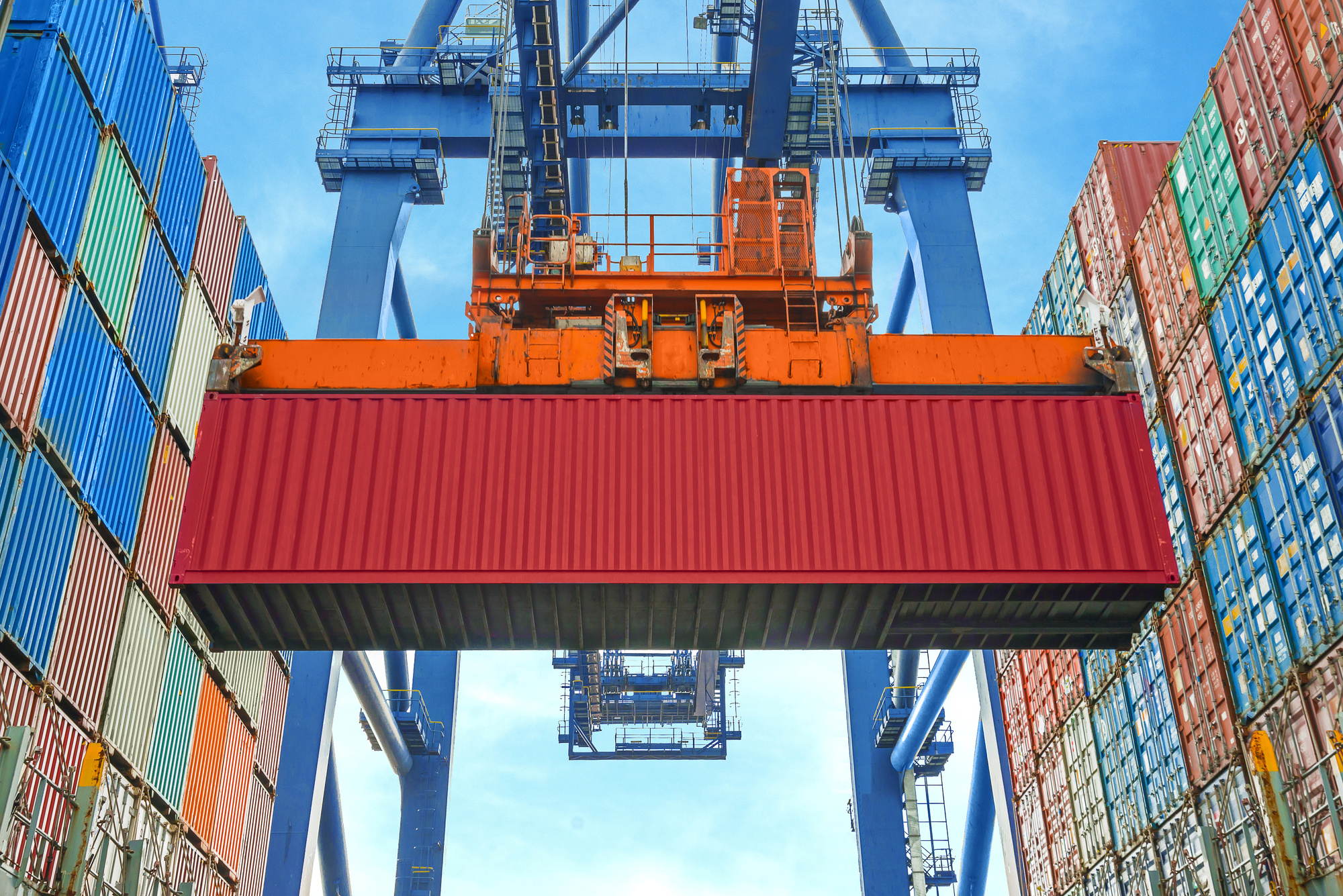A container shipping business can be profitable if you put effort into learning all its dynamics. First, it’s good to note that it’s a capital-intensive business because you’ll need to hire or buy transport trucks and containers. Additionally, you must pay for some licenses to operate legally in this industry. Thus, you must have enough capital to launch a container transport business successfully. Then, there’s a lot to learn about the industry to have a competitive advantage. Below is a compact guide to container transport:
Factors To Consider When Choosing A Container
To succeed in your venture, you should always use a high quality shipping container. It guarantees the safety of the cargo in transit. There are several container manufacturers, some producing premium quality products while others manufacture substandard ones. On that note, here are some key factors to consider when choosing a container:
- Durability: You can determine the container’s durability from the material used in making them. Heavy-duty containers are made of steel, allowing them to withstand severe circumstances such as accidents. Contrarily, low-quality units typically have holes, severe corrosion, and jagged metal edges that can damage cargo.
- Security: Containers transport high-value goods. It could be quite expensive to replace them if the goods get destroyed or stolen. As such, it’s best to ensure the containers are tightly secured. Go for the ones with fortified doors. Better still, get containers with electronic locks that a specific person can only operate with the passcodes.
- Modifiability: You may need to transport goods that are temperature sensitive. It’d be best to use modifiable containers to regulate the temperatures. For instance, modified containers come in handy if you’re transporting highly perishable goods like flowers or vegetables.
- Standardization: You should consider another essential aspect of shipping containers: size. It determines the mode of transport to use. For instance, large containers can be suitable for sea and rail transport. In contrast, average-size containers can be transported by road. The size depends on the number of goods you’re transporting.
- Weather resistance: When choosing a container, it’s best to select one that can withstand harsh weather conditions. For instance, some containers are insulated to protect against heat. If you’re transporting goods that aren’t high-temperature tolerant, it’s best to consider containers with insulation properties.
It’s essential to be thorough when choosing containers. It helps avoid damaging goods while in transit. Again, as a business owner, you should consider your business needs when choosing the container. This way, you’ll reduce your operational costs, for instance, by reducing the number of trips when you use the right size containers for transport.

Common Types Of Transport Containers
Choosing a suitable container depends on the kind of cargo you’re handling. On that note, it’s essential to identify the right types of containers for your needs. They include:
- Refrigerated containers
- Dry storage containers
- Open top containers
- Flat top containers
- Ventilated containers
The containers vary significantly depending on their uses. For instance, dry storage containers are the standard shipping containers, while refrigerated containers are temperature controlled. This feature makes them appropriate for temperature-sensitive goods such as food products.
Select Between Leasing Or Owning Containers
In the container transport business, it’s essential to reduce shipping costs. Sometimes, it might be cheaper to lease containers, especially if you don’t have enough funds to buy one at the moment. Leasing involves hiring the containers and managing them yourself. It’s a more flexible option. However, if you damage the containers, you pay more leasing fees.
Sometimes, the fees could be more than what it’d cost you to buy the containers. As such, you should critically analyze the business risks to make an informed decision. Nevertheless, leasing is viable if you’re running low on finances.
On the other hand, buying gives you full control of the containers. You can buy new, refurbished, or used containers. However, note that you should choose the right containers to avoid damaging the goods. When handling sensitive goods, you’d better buy new containers than risk spoiling goods while in transit.
Insure Your Shipment
As an entrepreneur, it’s essential to stay in the know of business risks. For one, they’re unpredictable and can be fatal if they happen. For these reasons, it’s essential to insure your shipment against all the risks. The common risks associated with container transport ventures include fires, theft, spillage, or accidents. Remember, container transportation involves high-valued goods. You may incur huge losses if the risks occur.
Thus, it’s vital to insure your business. Shop around for premium insurance offers that can cater to your risks.
Conclusion
Launching a successful container transport business requires an in-depth understanding of how container shipping works. You must know what type of shipping container is appropriate for your cargo, how to plan your freight, how to maintain the safety of goods in transit, how to track your shipments, and how to insure your goods against typical uncertainties. With all these bits in check, your container shipping business will be successful.




